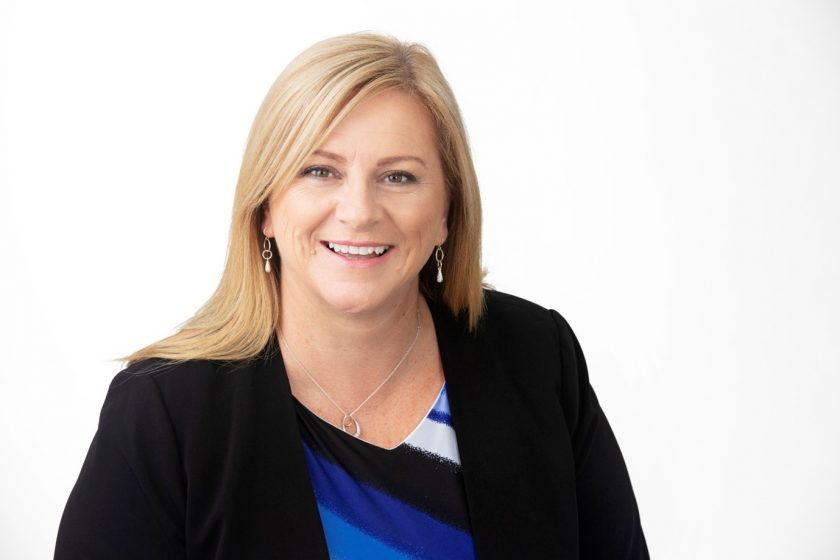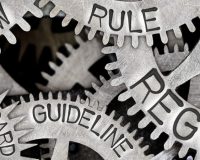
MEMBER PROFILE – VICTORIAN COMMISSION FOR GAMBLING AND LIQUOR REGULATION
Victoria is renowned for its sporting and major events and as one of the world’s most liveable cities, is home to a vibrant hospitality and tourism industry. The gambling and liquor industries play an important part in these, but they can also be inherently harmful.
The Victorian Commission for Gambling and Liquor Regulation (VCGLR) is the independent statutory authority that regulates Victoria’s gambling and liquor industries and ensures the integrity of these industries. Our vision is that Victorians and visitors enjoy safe and responsible gambling and liquor environments.
The VCGLR works closely with stakeholders and licensees to achieve high levels of compliance, the VCGLR sets clear expectations, encourages the right behaviour, and takes strong enforcement action where required.
The VCGLR oversees more than 23,000 liquor licences, eleven sports controlling bodies, over 620 Keno outlets, almost 740 wagering and betting agents and a statewide cap of up to 30,000 electronic gaming machines across 500 gaming venues and the Melbourne Casino.
Merging two regulators into one
When the VCGLR was created in 2012, the independent liquor and gambling regulators had to be brought together under one roof.
Catherine Myers, the VCGLR’s Chief Executive Officer, says the Victorian Government’s decision to bring together its liquor and gambling regulators represented challenges on many different levels.
“Each regulator had their own way of doing things,” explains Catherine. “They had their own systems and processes, and their own cultures. What we tried to do was to build a cohesive and supportive culture working towards the same goals. There were high expectations about the benefits and efficiencies that would come from the new regulator.”
The challenges in the early days were immense. “We had different systems for regulating liquor and gambling that did not speak to each other, meaning staff were working across more than 40 different systems and, in many cases, across two PCs to be able to perform their duties. As well as facing the challenges of any new organisation, the VCGLR had to oversee the transition to a new venue-based model for gaming venues as well as facilitating and implementing a new Keno licence, wagering licence, lotteries licence, and a new monitoring licence.
Perhaps most significantly, the organisation also lacked a consistent approach to regulating these industries. To address this, the VCGLR had to develop a multi-faceted response.
First up was the development of a cohesive regulatory approach, which required 12 months of consultation, research and training for staff.
There was an organisational review to better align resources, the introduction of technology to become more efficient, and a search for opportunities to partner with other organisations to use data better.
Collaboration is key
Collaboration for the VCGLR has occurred both internally, and externally with a range of co-regulators.
To ensure the VCGLR is across new and complex gambling products, a working group was established with the Victorian Responsible Gambling Foundation (VRGF) and the Department of Justice and Community Safety. The group helps to inform complex gambling product assessments by providing operational expertise, gambling research and policy knowledge.
The Commission and its delegates consider this information when determining applications and conditions for new gambling products.
Agreements have been established with key partners including Victoria Police, the Emergency Services Telecommunications Authority and key Federal law enforcement agencies such as AUSTRAC. The VCGLR also conduct joint operations with Victoria Police.
“Strong relationships are critical to the success of any modern regulator and we have used every opportunity to build stronger networks with our regulatory partners and stakeholders.”
These positive partnerships have produced significant results.
Targeted regulation
As part of its ongoing activities to minimise harm, the VCGLR has continued to focus on targeting licensed premises and gaming venues at high-risk times.
The Commission set an internal target to see 12 percent of liquor inspections undertaken between the hours of 10pm and 7am – reflecting those times where the risk of alcohol-related harm is more likely. Last financial year it exceeded this target by completing more than 18 percent of liquor inspections at this time.
In the same year, 88 percent of breaches resulted in enforcement action – a significant improvement on the 2016-17 figure of 74 percent.
“This dramatic improvement is attributable to a number of factors,” says Catherine, “including the implementation of guidelines for inspectors on following up breaches, various process improvements, and a more consistently trained workforce who have completed the Compliance Inspector Training Program over the past two years.”
Catherine says that targeted inspections of venues previously found to be in breach was a critical way to identify licensees that may repeatedly breach their licence conditions.
“We are intent on channelling our efforts in the right areas,” she says. “Our strong relationships with co-regulators and enforcement agencies help our endeavours to keep industry free from criminal influence as we focus on high-harm breaches and make it easier for compliant businesses to do their business.”
“Those higher risk areas and businesses around the state should expect to see us more often if we are doing our job right.”
Encouraging compliance
While the VCGLR has a big regulatory stick at the ready, Catherine says the organisation also has a statutory obligation with regards to education. The education strategy goes to great lengths to provide accessible information to educate the liquor and gambling industries – which encourages voluntary compliance.
“We have run campaigns to coincide with major events and to help sports and community clubs and have put resources into educating new licensees and culturally diverse (CALD) communities. We also go to great lengths to connect with industries through liquor and gambling forums.”
One of the CALD groups the VCGLR has built a relationship with is the Asian Business Association of Whitehorse in Melbourne’s East – where the VCGLR has produced material in Chinese and Vietnamese and visited licensees with an interpreter.
“We have also explored opportunities with the African-Australian Small Business Association and conducted a pilot ‘Street Talk’ with over 20 licensed venues as part of our annual Street Talk engagement activities,” says Catherine.
As the VCGLR commences planning for a new Corporate Plan in 2020, setting the priorities and direction for the organisation for the next three years, Catherine remains full of optimism.
“While we have some challenges on the horizon, we head into the future with a clearly defined strategy and a talented and committed team,” she says.





